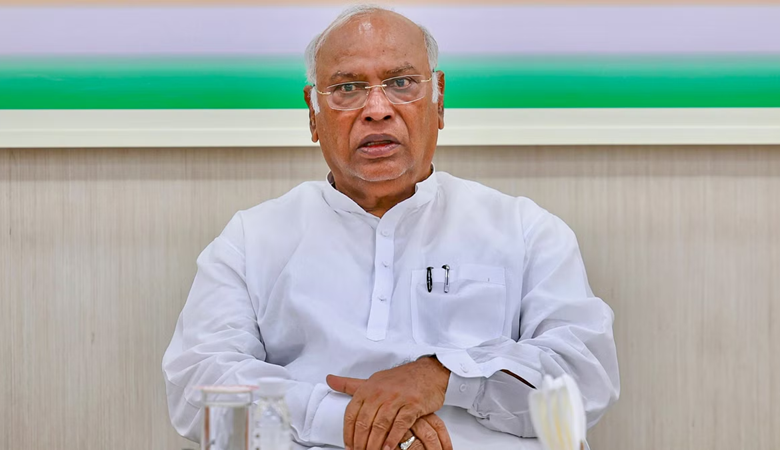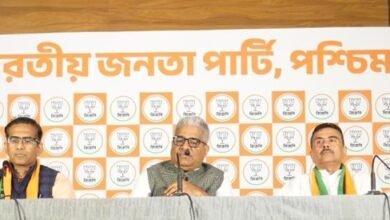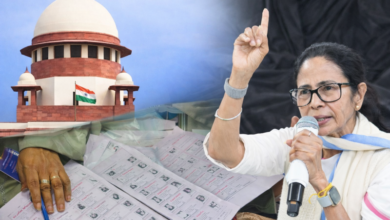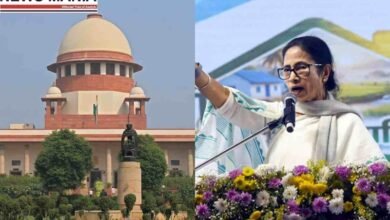Mallikarjun Kharge Criticizes Modi Government’s Unified Pension Scheme as Another U-Turn

News Mania Desk/Agnibeena Ghosh/25th August 2024
Congress President Mallikarjun Kharge recently criticized the Modi government’s announcement of the Unified Pension Scheme (UPS), highlighting what he described as a pattern of U-turns in policy decisions. In a pointed tweet, Kharge asserted that the “U” in UPS stands for the Modi government’s frequent reversals, suggesting that the ruling party has been forced to backtrack on key decisions due to mounting pressure from the Opposition.
Kharge credited the resurgence of the Opposition, especially after the Lok Sabha elections, for compelling the BJP-led government to reconsider some of its major policies. He emphasized that the power of the people has prevailed over the perceived arrogance of the Prime Minister, particularly after June 4, when public and political pressures intensified.
The Congress leader pointed to several instances where the Modi government had to withdraw or revise its decisions. These included the rollback of proposals related to Long Term Capital Gains (LTCG) and Indexation in the Union Budget, the decision to refer the Waqf Bill to the Joint Parliamentary Committee, the withdrawal of the draft Broadcasting Bill, and the scrapping of the plan for lateral entry into the bureaucracy. Kharge’s comments reflect the Congress party’s stance on holding the government accountable for its actions and protecting the interests of the 140 crore citizens of India.
On Saturday, the Union Cabinet, chaired by Prime Minister Narendra Modi, approved the Unified Pension Scheme (UPS), which promises a guaranteed pension for government employees. Under this scheme, employees are assured a pension equivalent to 50% of the average basic pay drawn during the last 12 months before retirement, provided they have completed a minimum qualifying service of 25 years.
The scheme also includes a provision for an assured minimum pension of ₹10,000 per month upon retirement, given that the employee has served for at least 10 years. This move comes in the context of growing demands from employee organizations in various states to revert to the Old Pension Scheme (OPS), which several non-BJP states have already reinstated.
Under the Old Pension Scheme, retired government employees receive 50% of their last drawn salary as a monthly pension. This pension amount increases in line with the Dearness Allowance (DA) rates. However, the OPS has been criticized as fiscally unsustainable, primarily because it is not contributory, placing an ever-increasing burden on the government exchequer.
Kharge’s critique of the Unified Pension Scheme is rooted in the broader political battle over pension reforms in India. The Congress party, along with other Opposition parties, has consistently opposed the New Pension Scheme (NPS) introduced by the Modi government, advocating instead for the return of the OPS, which they argue provides better security for retired employees.
As the political discourse around pension schemes continues, the Modi government’s introduction of the UPS is seen as an attempt to strike a balance between fiscal responsibility and the demands of government employees. However, with ongoing criticisms from the Opposition, the debate over India’s pension policies is likely to remain a contentious issue in the lead-up to future elections.






